OpenAI has recently announced plans to transition to a for-profit model, prompting Microsoft and OpenAI to engage in negotiations over equity stakes, a classic business dilemma: determining the value of investment.
Since 2019, Microsoft has invested approximately $13.75 billion in OpenAI, and both companies have enlisted investment banks to assess how this investment will translate once OpenAI completes its transition from a nonprofit to a for-profit entity, as reported by the Wall Street Journal.
OpenAI has brought on Goldman Sachs for advisory support, while Microsoft is working with Morgan Stanley. These prominent banks face the challenge of guiding their clients—who have substantial interconnections—through the complexities of establishing Microsoft’s ownership stake in OpenAI.
As of now, Microsoft and Morgan Stanley have refrained from commenting, and OpenAI along with Goldman Sachs did not respond to inquiries.
The discussions around Microsoft's equity stake occur amid a substantial rise in OpenAI's valuation. The company behind ChatGPT reached a valuation of $157 billion following a funding round completed earlier this month, with notable investors including Nvidia, Thrive Capital, and SoftBank. Microsoft's previous investment of $10 billion in January 2023, shortly after ChatGPT-3's release in November 2022, valued OpenAI at $86 billion.
Despite this soaring valuation, OpenAI remains unprofitable, projecting a loss of $5 billion this year against $3.7 billion in revenue. However, the company anticipates remarkable growth, expecting revenues to reach $11.6 billion next year, according to internal estimates reported by the New York Times.
Under its nonprofit structure, Microsoft's investment allowed for a share of profits from a for-profit subsidiary governed by OpenAI’s board. This subsidiary was originally designed with profit caps, including a limit on Microsoft's potential returns.
In September, Reuters reported that OpenAI plans to reorganize as a for-profit public benefit corporation, which will enable it to balance societal goals with shareholder returns. While the nonprofit will continue to exist, it will no longer manage the new for-profit entity and will maintain only a minority stake in it. This strategic move aims to attract investors keen to buy into the company that is synonymous with the AI boom.
As part of the restructuring, OpenAI will also provide equity to CEO Sam Altman. Previously, Altman noted that he had minimal financial exposure from the Y Combinator investment, where he served as president. Under the new structure, he and other executives are expected to receive a more significant equity share, which is standard practice.
During a company-wide meeting in September, Altman stated there were no intentions for him to acquire a “giant equity stake” in OpenAI, despite earlier reports suggesting he might secure up to 7% of the company. Both Altman and OpenAI CFO Sarah Friar acknowledged investor concerns regarding Altman’s lack of ownership in the company.
Additionally, Microsoft is likely to negotiate its governance rights in OpenAI. When OpenAI’s board unexpectedly dismissed Altman in November 2023, Microsoft CEO Satya Nadella was reportedly caught off guard, highlighting the need for clearer governance roles given Microsoft's significant investments. Following Altman’s reinstatement, Nadella expressed a desire for more influence in OpenAI's corporate governance, stating, “At this point, I think it’s very clear that something has to change around the governance,” during an interview with CNBC amid the upheaval


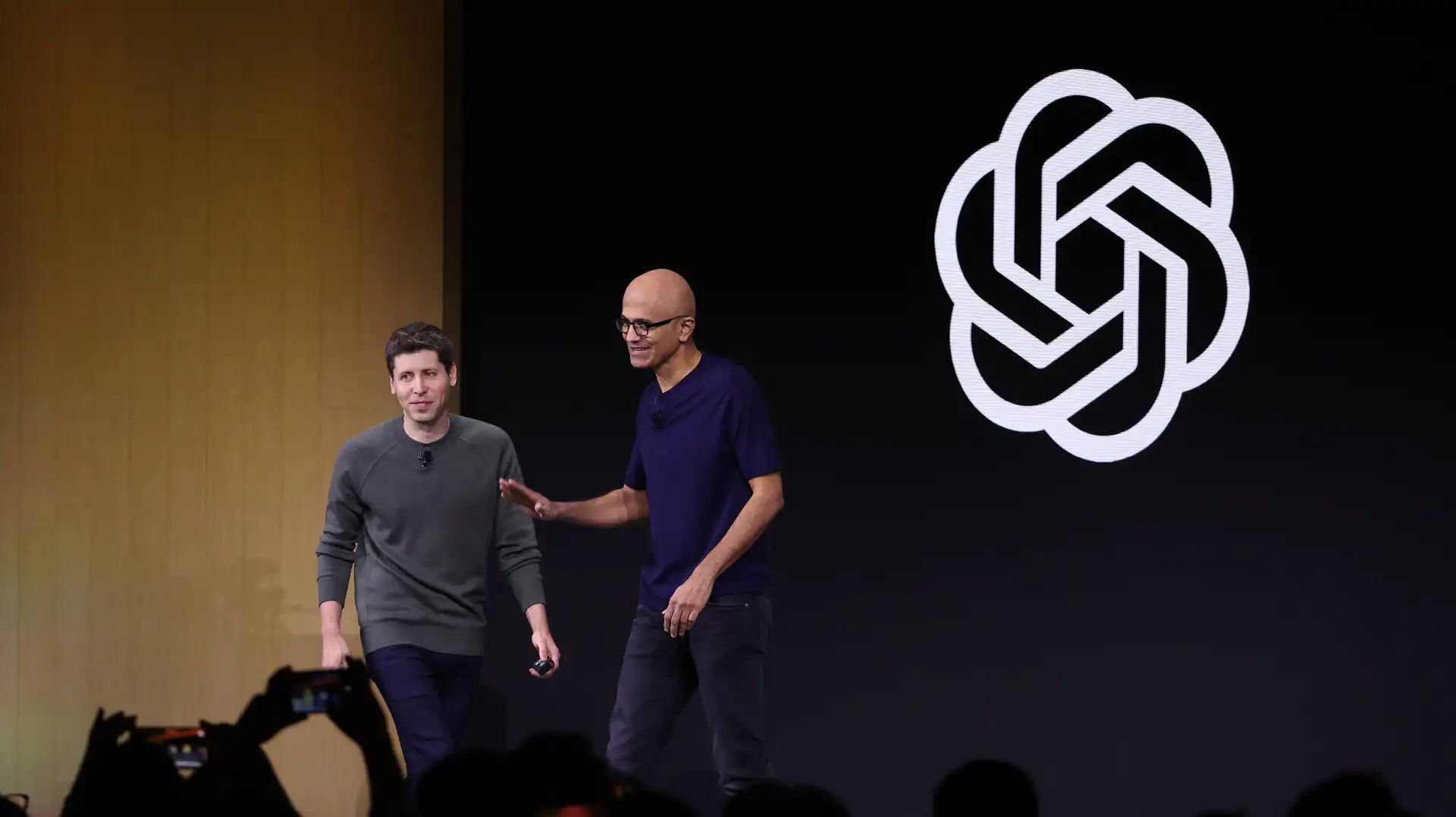

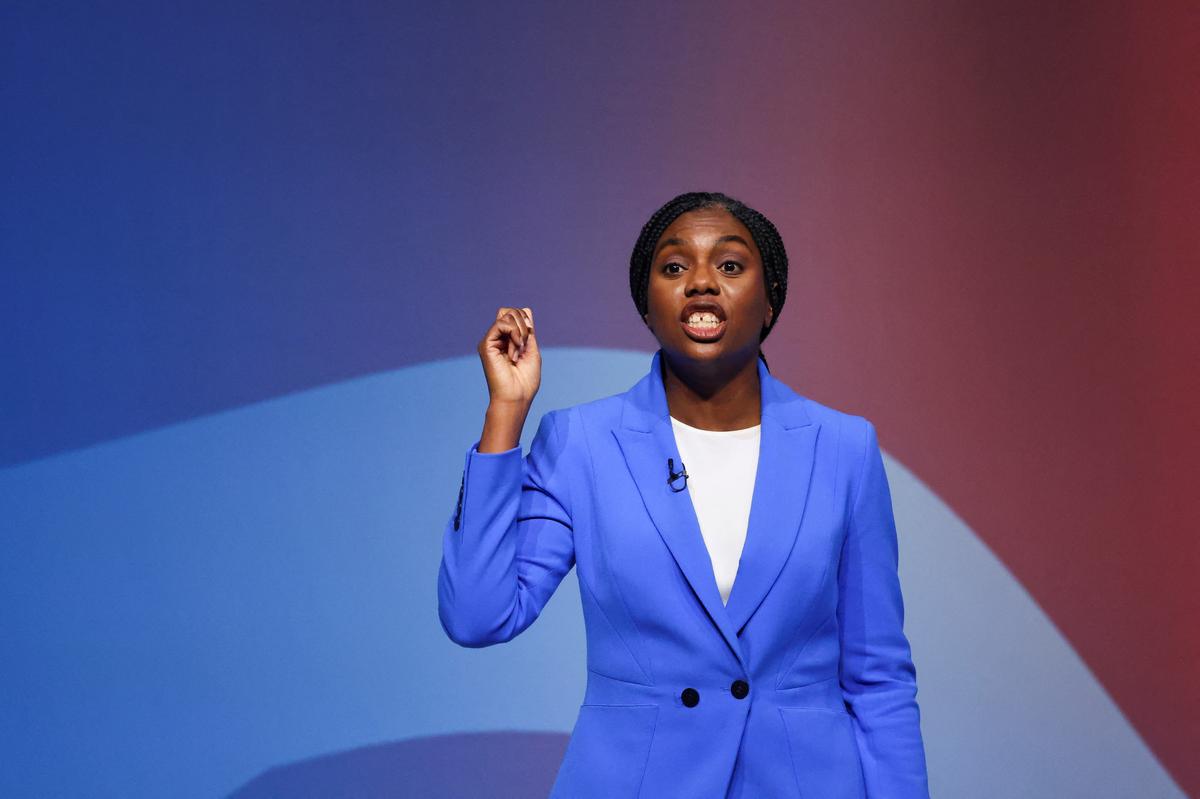










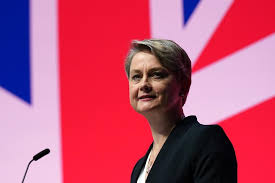


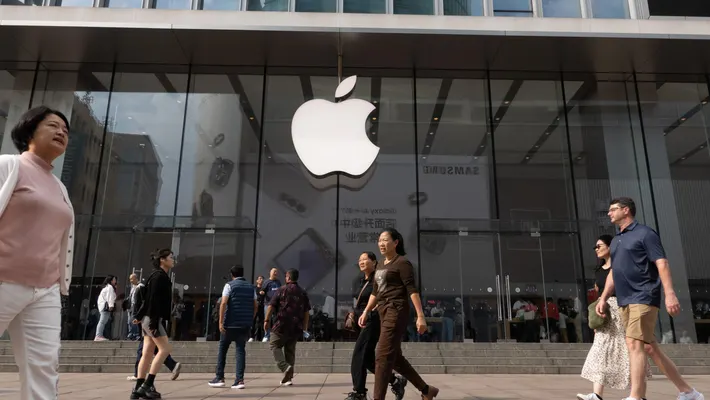
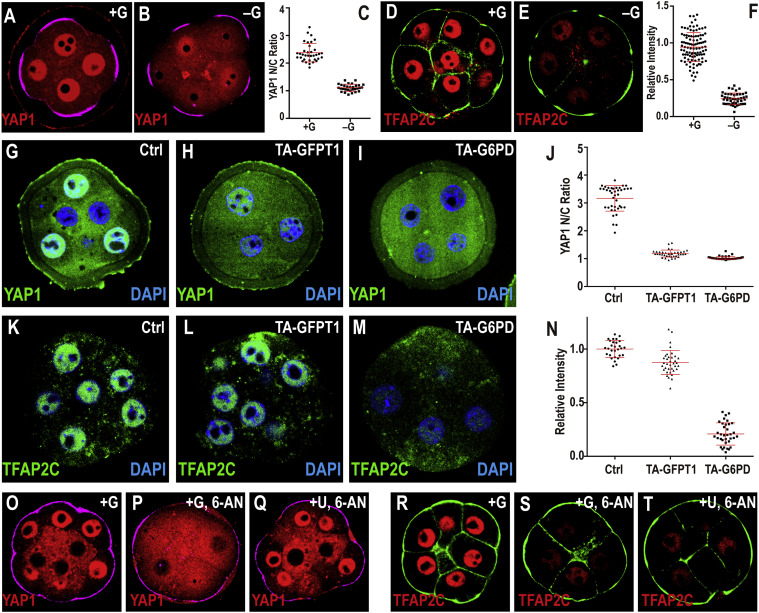







0 Comments